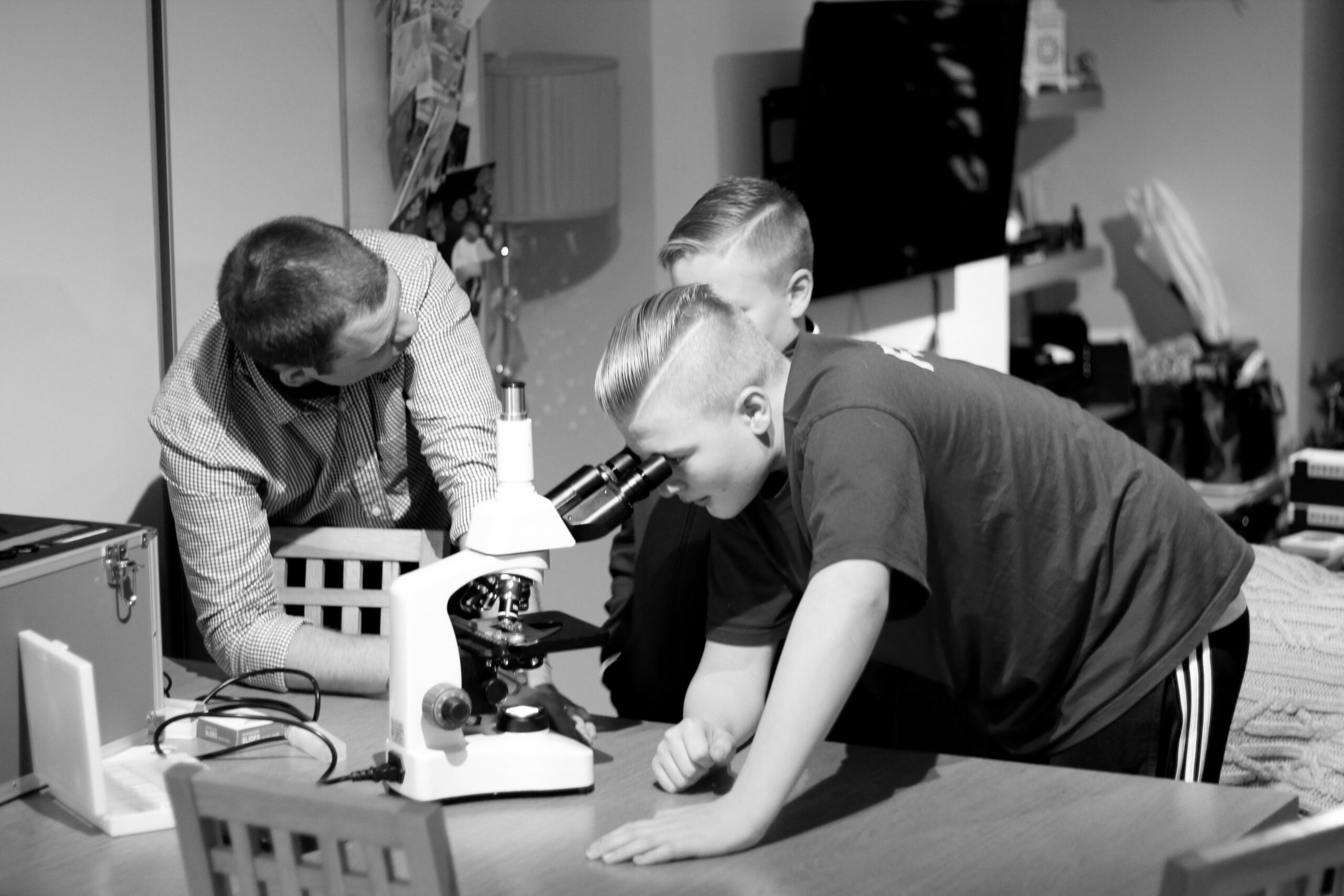

John has extensive experience in delivering professional tuition as well as a robust understanding of the developments in pedagogy/teaching methods and educational research. Coupling this with his understanding of neuroscience and cognitive psychology enables John to deliver highly effective tuition in challenging circumstances, with the ability to respond appropriately in unique or unusual situations.
Subjects
John has experience teaching the following subjects:
Up to undergraduate level:
- Biology and life sciences.
- History (specialising in various periods as well as synoptic study).
Up to A Level or IB Diploma:
- Chemistry.
- Philosophy (including Theory of Knowledge).
Up to GCSE (including school entrance exams)
- Physics.
- English language.
- Mathematics.
- Geography.
Age Ranges
John typically has taught students between upper Key Stage 2 (Year 5) and A Level, although has occasionally taught slightly older or younger students.
Approach
Due to his extensive experience and understanding of educational and psychological theory, John is comfortable adapting his approach to each individual client in order to achieve the desired outcomes, continually adapting to the requirements of the student or client.
Nonetheless, a typical approach to an academic tuition programme could be as follows:
- Agree long, medium and short term objectives (everything from future career or higher education destination to goals for the next few days or weeks). At this point, the anticipated progression pathway can be evaluated and any concerns flagged immediately to be dealt with.
- Evaluate the scope of what is required to be learnt in the current course of study and ascertain the current level of course coverage and attainment. This enables the main aspects of a tuition programme to be planned.
- Individual lessons focus on going through personalised learning cycles rapidly with planning, delivery, practice and assessment typically taking place multiple times in each lesson. This process continuously provides data that is used to inform and adapt the upcoming teaching.
This process involves frequent formative assessment and training for the student in both core content and also metacognitive skills, such as:
- Core content:
- What key principles underpin this subject matter?
- What key information (facts, definitions, formulae) need to be learnt?
- How will the exam be structured and how will students be expected to respond?
- Metacognitive skills:
- Training students to self-assess their own answers; is the response good? Why? How can it be improved?
- Training students to recognise their own strengths and weaknesses; where is further work required? How do we know this? How can we avoid becoming complacent?
- Training students to be self-disciplined, self-motivated and self-directed; what is discipline? What does it mean to be self-disciplined? Organising time, planning effectively and developing interest in the subject.
Get in Touch
Please fill out the form to get in touch with John.
